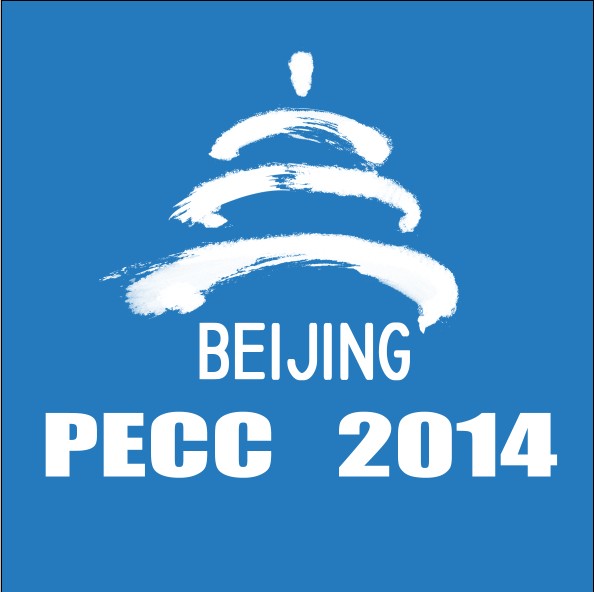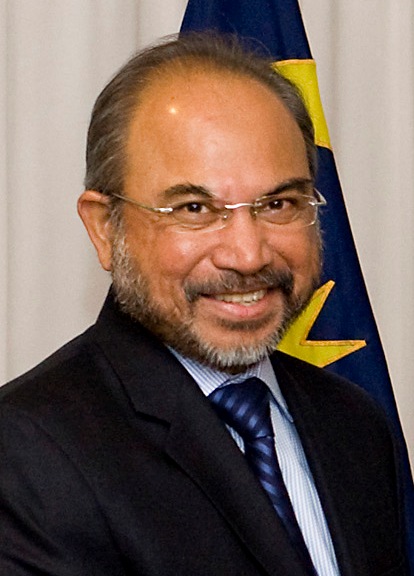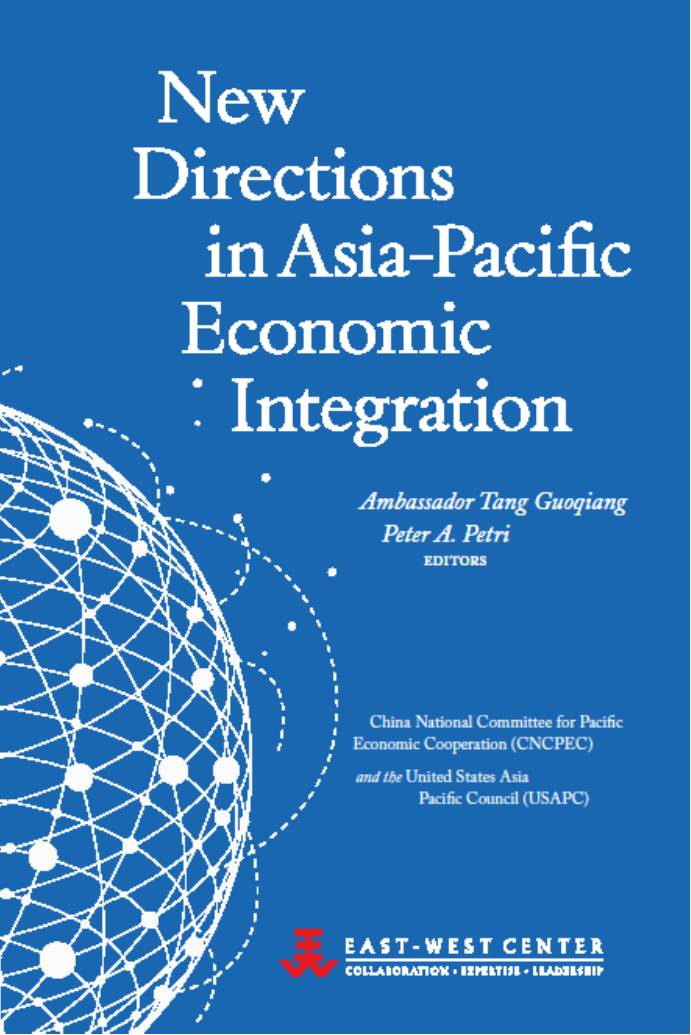|
In this issue:
- China's development agenda and its engagement with the Asia-Pacific region, new drivers and approaches for economic growth, ways forward for FTAAP, financial cooperation, to be addressed at upcoming PECC General Meeting
- Should India become a member of APEC?
- Prospects of marine renewable energy - How viable is the industry?
- Why FTAAP? Evaluating the benefits and challenges
UPCOMING EVENT
22nd PECC General Meeting & Standing Committee Meeting | Beijing, China | September 9-11, 2014

This year marks the 25th anniversary of APEC and the 20th anniversary of the Bogor Goals. As a champion of regional economic cooperation and a founding partner of APEC, PECC has an important role to play in helping the APEC policy making process by providing proactive policy advice and support.
This year's APEC theme is "Shaping the future through Asia-Pacific partnership" under which China has identified three priorities: 1) Advancing regional economic integration; 2) Promoting innovative development, economic reform, and growth; and 3) Strengthening comprehensive connectivity and infrastructure development. In support of these APEC priorities set out by China, PECC will be organizing its 22nd General Meeting in Beijing two months ahead of the APEC Leaders' Week. This lead time will provide a unique opportunity for PECC members and the invited public audience to provide intellectual input to this year's APEC process and beyond. It will also be a good opportunity to take a close look at China's economic development aspirations and its economic policy orientation.
PECC Standing Committee meeting will be held back-to-back with the General Meeting.
PECC invites youth representatives to participate in General Meetings. Those interested in attending, please contact your respective member committee for PECC.
PAST EVENT
From Prototype to Market: Development of marine renewable energy policies and regional cooperation | Santiago, Chile | June 24-26, 2014

Energy-related experts and industry leaders, who convened in Victoria, Canada in November 2013 for the first seminar on PECC energy transition project, called for further deliberation on the design of policy framework to accommodate renewable energies. The second seminar of the series was hosted by CHILPEC (Chile member committee of PECC) and took place in Santiago, Chile on June 24-25th, 2014. The seminar gathered representatives from the academic and business sectors as well as institutions which are involved in the policy development of renewable energy.
Session 1: Renewable energies for meeting industrial demand and needs of isolated locations
Session 2: Development of MRE and promoting early acceptance of stakeholders
Session 3: Setting appropriate policies to develop renewable energies
Session 4: Enhancing cooperation between stakeholders to promote energy transition
(Click here for the program agenda & presentations)
MEMBER UPDATE
MANCPEC: Tan Sri Rastam Mohd Isa Appointed as New Chair

Tan Sri Rastam Mohd Isa has been appointed as the new Chair for MANCPEC on 1 January 2014. Tan Sri Rastam is also appointed as Chief Executive of the Institute of Strategic and International Studies (ISIS) Malaysia. He takes over from YBhg Tan Sri Dato' Seri Mohamed Jawhar Hassan, the former MANCPEC Chair.
Tan Sri Rastam spent more than 36 years as a career diplomat in the service of the Government of Malaysia. He served in various capacities at the Ministry of Foreign Affairs and Malaysian diplomatic missions abroad, including as High Commissioner of Malaysia to Pakistan, Ambassador of Malaysia to Bosnia Herzegovina, and the Republic of Indonesia as well as Permanent Representative of Malaysia to the United Nations in New York. He was appointed as Secretary General of the Ministry of Foreign Affairs on 8 January 2006 and officially retired from government service on 2 September 2010.
Throughout his career at the Ministry of Foreign Affairs Tan Sri Rastam participated in numerous bilateral, regional and international meetings at the summit, ministerial and senior official levels. He has also been involved in numerous track II conferences, meetings and symposia.
He holds a Bachelor of Social Science (Hons) degree from Universiti Sains Malaysia, a Master of Arts degree in International Relations and Strategic Studies from the University of Lancaster and a Certificate of Diplomacy from the University of Oxford. Tan Sri Rastam has received federal and state awards, namely, the Panglima Setia Mahkota (PSM), SSAP, PJN, SIMP, DIMP, KMN and AMN.
PUBLICATION

New Directions in Asia-Pacific Economic Integration
Edited by Tang Guoqiang and Peter A. Petri
ISBN: 978-0-86638-250-2 (print); 978-0-86638-251-9 (electronic)
Sponsored by the China National Committee for Pacific Economic Cooperation (CNCPEC)
and the United States Asia Pacific Council (USAPC)
Published by the East-West Center (click here to access the free PDF or to order a print copy of the book)
In 2014 the Asia-Pacific Economic Cooperation (APEC) forum celebrates its 25th anniversary in a vastly changed region and world. In Bogor, Indonesia, twenty years earlier, APEC committed to achieve free trade and investment in the region by 2020. In Beijing in 2014, China will again make regional economic integration an APEC priority. These papers draw on two conferences organized by the China National Committee for Pacific Economic Cooperation and are published jointly with the US Asia Pacific Council.
As one contributor put it, APEC earns an “A” for its vision of regional economic integration, but its grade on execution remains “incomplete.” Yet pathways to the Bogor Goals are coming into focus. This book examines the Trans-Pacific Partnership and Regional Comprehensive Economic Partnership negotiations from various perspectives, and considers possibilities for their consolidation into a Free Trade Area of the Asia Pacific (FTAAP). It also explores regional connectivity and the proposed Asian Infrastructure Investment Bank.
Experts from nearly every APEC economy explore the benefits and challenges of regional economic integration. Their perspectives differ, but also reveal striking common ground. They offer practical recommendations for the Asian and Trans-Pacific pathways, for ensuring their compatibility, and for promoting their convergence into FTAAP.
This book will be an invaluable reference for readers interested in the prospects for Asia-Pacific economic integration. It testifies to a little-celebrated, but invaluable achievement of APEC: the rise of a sophisticated, international community of experts who understand the region and collaboratively promote its long-term interests.
|






